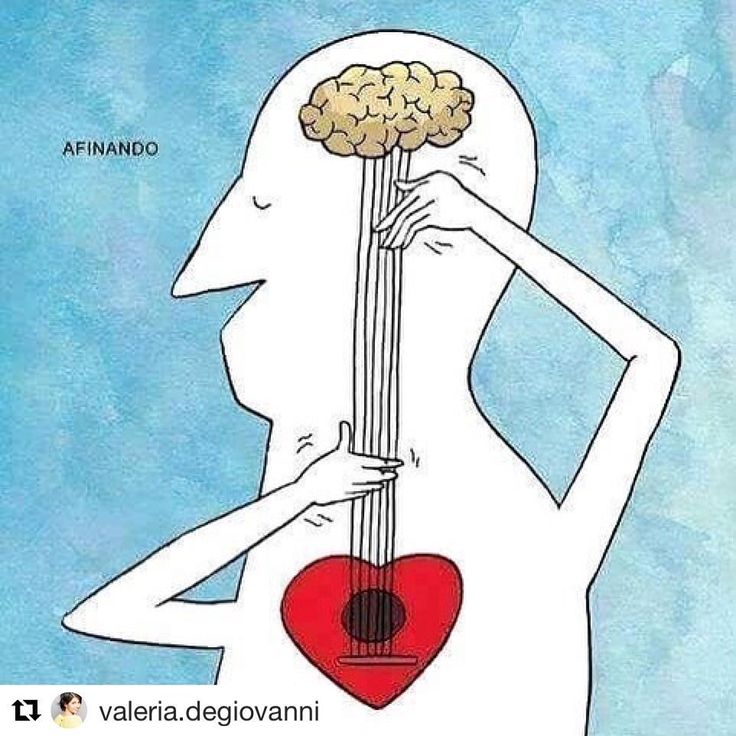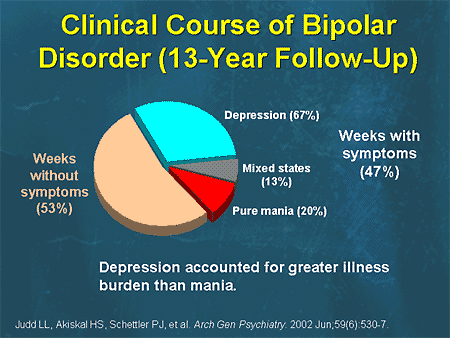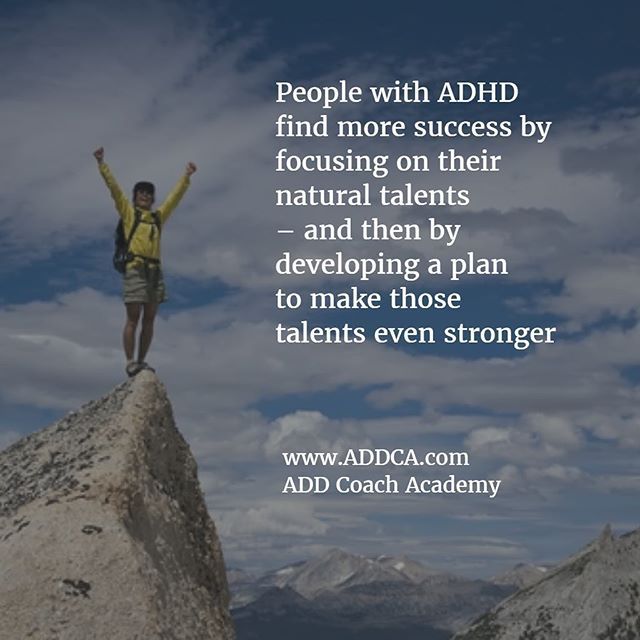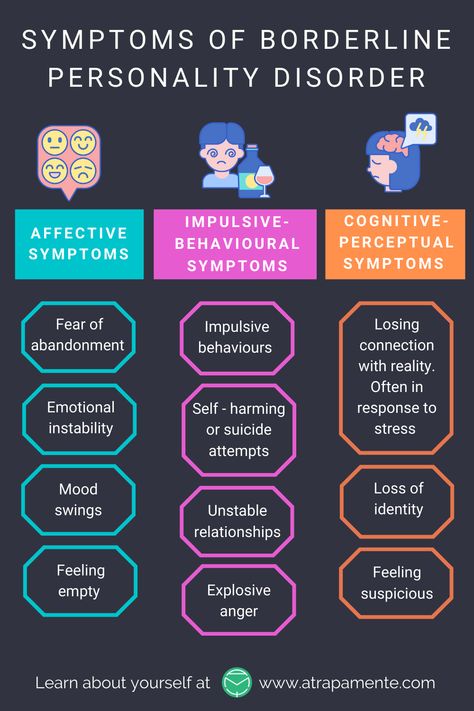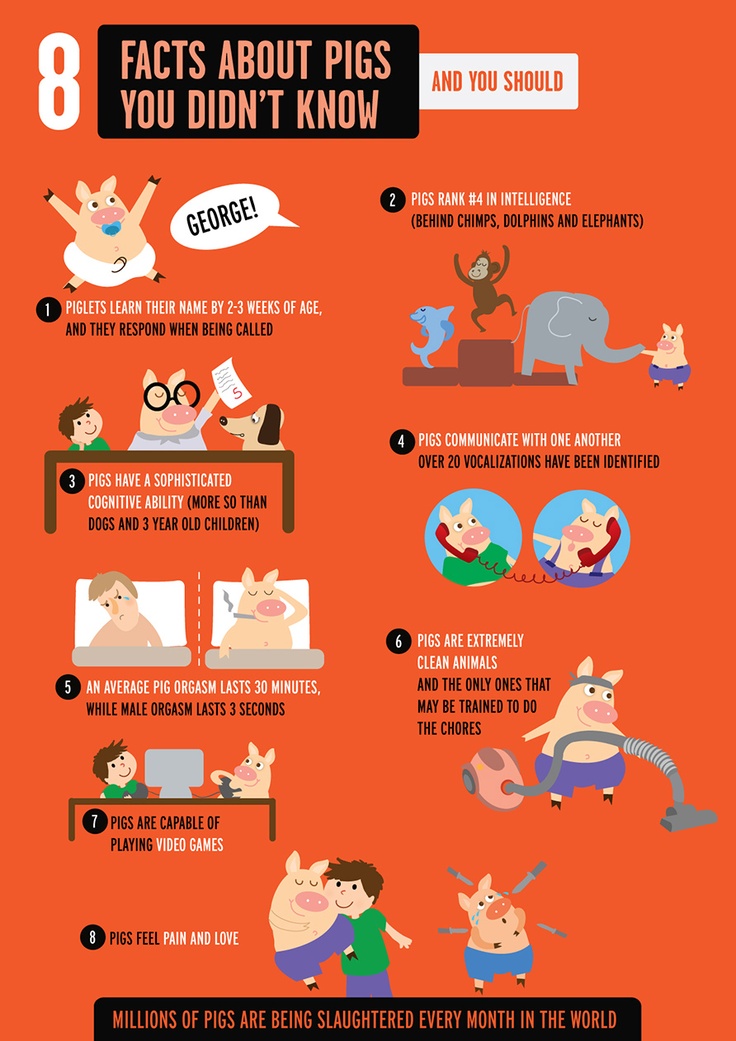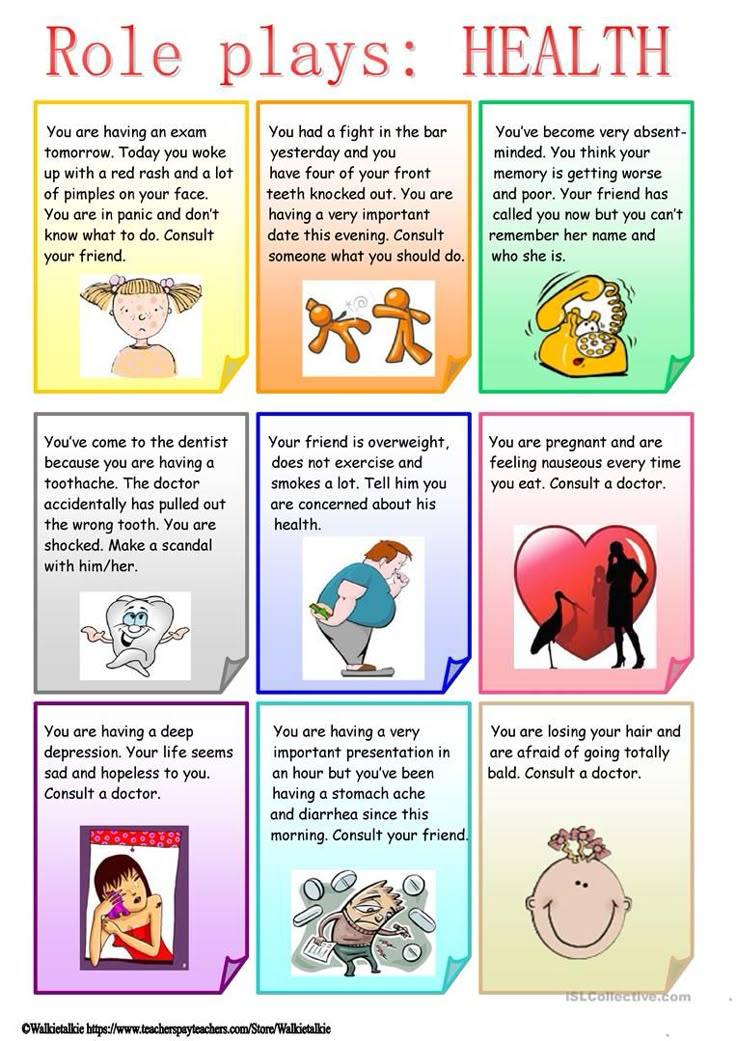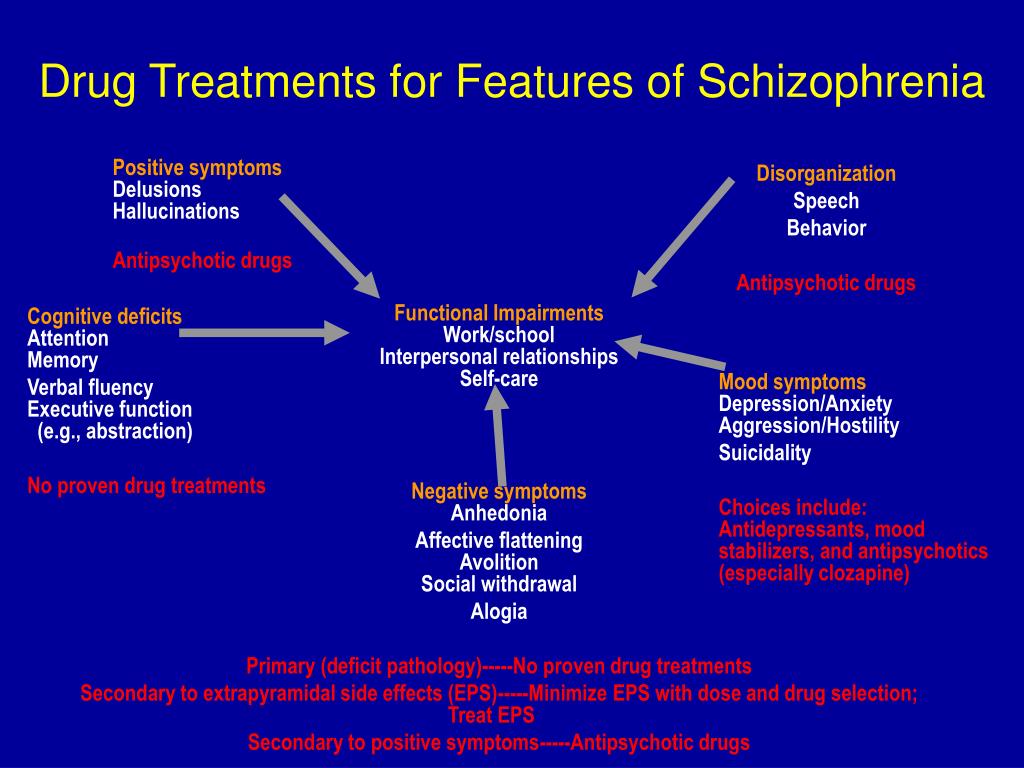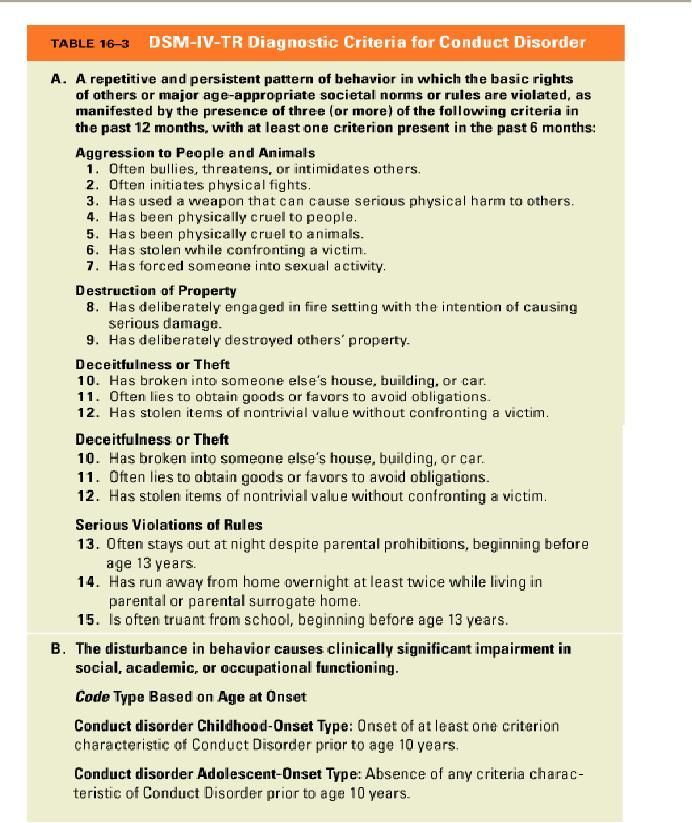Heart and mind conflict
The Head and Heart Conflict: Can You Relate?
by Alissa Klugh
In working with hundreds (and now maybe thousands) of people, one of the biggest issues I work on is heartache and heartbreak. It doesn't matter the age, it doesn't matter the gender, it doesn't matter the sexuality - Even when someone comes into my office wanting to work on something else, we inevitably circle back to past relationships that were impactful.
One of the most complex things that we can explore is relationships. There are so many moving parts in relationships, why we got together, why we stayed together, the peaks and valleys that come from within the relationship. And finally, the inevitable end (or perceived end) to the relationship. This is where I usually start with my client, it's when most people seek therapy - then we work backward to help them heal so that they can move forward.
Something that comes up constantly and consistently in these situations is the paradox between the head and the heart. Have you ever found yourself stuck between the two? The push and the pull between what is logical and what "feels" right is so challenging. Here are some insights that I've had both in my personal and professional life when dealing with this paradox. You decide if you can relate.
Sharing this with you in the second-person is intended to demonstrate that we all have these experiences.
There is a lot on your mind. Your heart is full, yet heavy. You have a lot of uncertainties, but also feel like you know the answers, instinctually. It's hard. To still have love for someone feels full, yet also devastating. At this point, if there were any chance at a future, it'd be one with continued uncertainties, a lack of trust, and a confused, convoluted understanding of what is intended for the relationship.
You would know what you're getting, if you would try to make something work - to go back and try again, because you know they haven't changed and may not have the interest in changing anytime soon.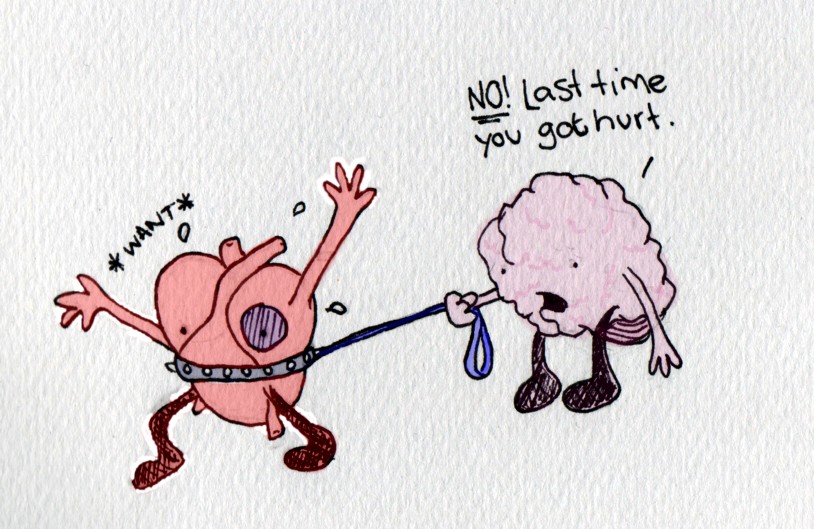 The potential for them to continue to hurt you still exists. This always exists, as long as you are being vulnerable. You know you should just cut them out of your life, but struggle with doing so. "Block them from social media" "Block them from your phone" is advice that is a lot easier said by the giver of the advice than the person who is wounded. This is you. The victim. At least, that's the way it feels. You get ready to do it, maybe even do it for a while, but then decide not to - falling back into the feelings that you've been feeling and the dangerous situation for your heart. It sucks.
The potential for them to continue to hurt you still exists. This always exists, as long as you are being vulnerable. You know you should just cut them out of your life, but struggle with doing so. "Block them from social media" "Block them from your phone" is advice that is a lot easier said by the giver of the advice than the person who is wounded. This is you. The victim. At least, that's the way it feels. You get ready to do it, maybe even do it for a while, but then decide not to - falling back into the feelings that you've been feeling and the dangerous situation for your heart. It sucks.
Your head and your heart say two different things.
What do you do when they don't agree? One speaks with logic. It takes actual facts and points you in a healthy direction. It knows what is going to lead you down the path of least resistance. It's the thing that gives your friends sound advice. We know it makes sense. It's the right kind of critical. It weighs out the pros and cons. It's also, more often than not, in complete opposition of your heart.
It's the right kind of critical. It weighs out the pros and cons. It's also, more often than not, in complete opposition of your heart.
Your heart has its own ideas.
It's what makes you feel. It makes you remember the hard times and what it takes for you not to relive the pain. It guides you in experiencing love, joy, and happiness. All of these beautiful life experiences. The problem is, it doesn't always guide you toward sustainability of those emotions all of the time. It guides you toward these blissful emotions, no matter how brief - how temporary. It knows nothing about time. It knows nothing about circumstance. It only knows what it feels like to experience these emotions. It knows what it wants, what feels good for the here-and-now, but does not speak with logic. It whispers to you all of the bad ideas that you know, deep down, probably aren't good for you - but, damn it, they feel good. It speaks with emotion - our driving force. What is going to feel the best right now and what will help us feel the least amount of pain - never mind the pain that you may feel directly after the joy and bliss.
What is going to feel the best right now and what will help us feel the least amount of pain - never mind the pain that you may feel directly after the joy and bliss.
The heart isn't about longevity. It's about instant gratification.
So, why are we given the head and the heart, when they are so clearly in opposition?
Why do we constantly feel like we need to choose?
Because, to be honest, the chances are, we are going to choose the heart. Again, and again - until our brains finally scream at us loud enough to do the logical thing that we listen. Or until we have no other choice because we've been hurt so much. Or, maybe it's because the other person no longer is giving us that chance.
But do we really listen? We keep wanting our hearts to be right. We keep touching the flame that burns us, hoping that we'll either get used to the burn or that it'll magically stop hurting us this time.
We are thwarted into what feels good, now, and are left to pick up the pieces after it is all over - all while our brains shame us for making that stupid, heart-based decision. ..again.
..again.
To choose the brain is to choose a life of perceived basic contentment. A life of logic and no excitement. At least that's what our hearts want us to believe.
How do we keep processing the pain that we repeatedly put ourselves through? We are so determined that we can "handle it" this time, that we are strong enough that we won't magically feel the devastation that we have felt before. We are not invincible. Our brains want us to believe that we are. That we are resilient and can bounce back from anything, because, in all honesty, we can.
The biggest difference between our minds and our hearts: The brain can bend. The heart can break.
Can you relate to this paradox? Does your mind fight what your heart says to do? Let's not even begin to talk about the gut and it's role in all of this. The truth is, if we want something enough, we are going to justify our actions. We are going to excuse the inexcusable.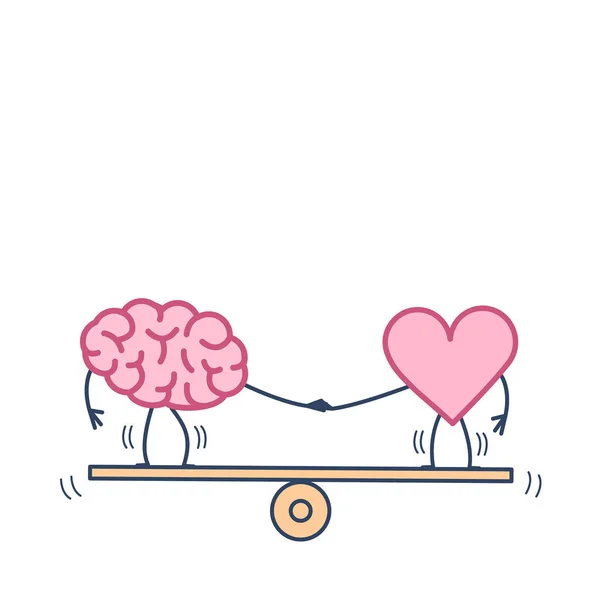 We are going to make the unjustifiable, justifiable. We are going to do what we want to do, no matter what. Even if this is just a temporary fix and if it leads to pain.
We are going to make the unjustifiable, justifiable. We are going to do what we want to do, no matter what. Even if this is just a temporary fix and if it leads to pain.
One of the biggest challenges is that our minds encourage us to find the Agape love, while our hearts push for the Eros love. The agape love is secure. It is safe. It is solid and meaningful, but does not necessarily hold a great deal of passion. But that Eros love, man, it's a beast. It's unconditional love. The type of love that makes you feel like you would do anything for that other person, and you probably do. Its passionate. Its lightning bolts. Its the ups and downs. Its extreme. This is what we tend to seek. Rather than the stable, meaningful, and healthy love, we seek the love that is confusing and emotional. We look for what is shown to us in movies, in social media, in literature. It's the type of love that we have longing for, but, unfortunately, does not always serve us well.
When we throw in the mind-heart paradox, the brain wants us to be safe.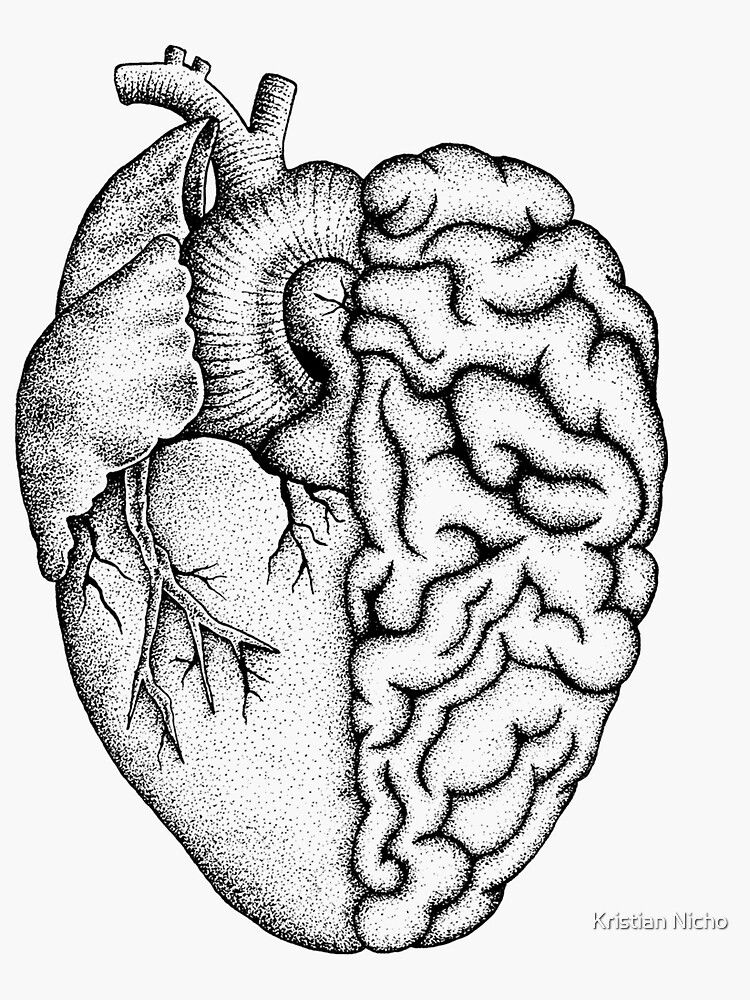 It chooses the Eros. But the heart. That dang heart. It wants to feel and it doesn't matter if it's the good feels or not. It's just a strong, powerful feel. And, this is where we get stuck. Safe and secure? Or adventurous and passionate? I know what sounds like the best pick, but is it the pick that is going have longevity? Probably not.
It chooses the Eros. But the heart. That dang heart. It wants to feel and it doesn't matter if it's the good feels or not. It's just a strong, powerful feel. And, this is where we get stuck. Safe and secure? Or adventurous and passionate? I know what sounds like the best pick, but is it the pick that is going have longevity? Probably not.
We do not make changes until we are truly ready. We can have our minds, our families, and our friends encouraging us to make all the changes in the world - and they may make complete sense; however, if we are not ready to make different choices... we will remain the same. The same stuck. The same small joys. The same big pains.
We will learn. But we will learn in our own time.
Patience can be so challenging. But we will learn. We will move onto what best serves us. We will begin to make more logical choices over time. We will continue to make mistakes, to back-step. But we will get there. We will continuously be given the same situations until we learn the lessons we were meant to learn.
Being a therapist and a human, I understand all of this too well. I recognize that challenges of change and am grateful when someone is ready enough that they show up in my office. With that presence comes accountability - the accountability to start to make changes, to contemplate them, and to make the wrong choices sometimes. These are just all a bunch of mini lessons taking us down the path where we need to be.
If you related to this article and are interested in starting your own path to change, you can schedule an appointment with one of our skills clinicians, today by calling 412.367.0575 or by clicking here.
When Your Head and Heart Disagree
Your heart’s passion and your mind’s wisdom are great gifts. But what happens when your emotional and logical sides are at odds?
This can be particularly poignant in romantic relationships. For example:
Heart-head conflicts can feel paralyzing.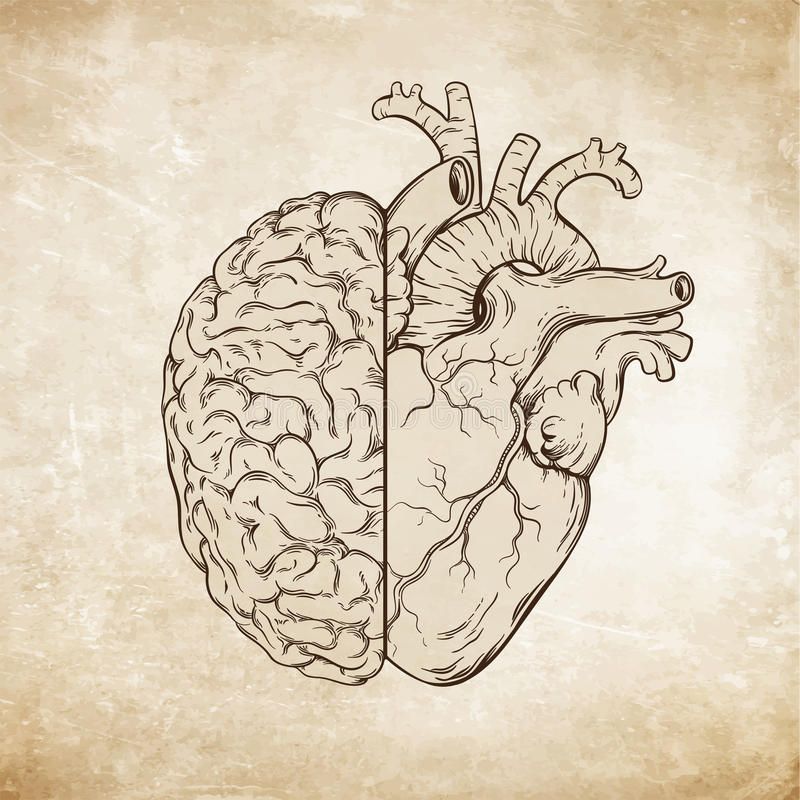 Wait too long to decide and the opportunity may pass, perhaps forever. Rush in too soon and you may overlook crucial information.
Wait too long to decide and the opportunity may pass, perhaps forever. Rush in too soon and you may overlook crucial information.
Do you tend to trust your intellect or your emotions? Here are two online quizzes that may help you identify which is primary for you: Quiz 1,Quiz 2
Your heart can encourage you to take risks. Without risk, growth is impossible. Your heart can lead you to passion and beauty which logic could never predict. Yet sometimes when the heart wants what it wants, denial and impulsiveness can override sound judgment. The heart can be idealistic yet it can also be naive, casting off rational thinking.
Your head can anticipate consequences that your heart may miss or minimize. Logical thought and perspective can alert you to unwise risks, protecting you from possible harm. Yet the mind can also be a naysayer, serving up self-doubt and cynicism that may keep you from adventures that could prove to be your most cherished. Often-times our thinking can be pedantic or rigid and lead us to overlook what matters most.
Youll never find peace of mind until you listen to your heart. George Michael
If you are stuck, take a moment and think about which sense you tend to embrace more naturally: feelings or thoughts. When you feel stuck, it may be good idea to consult your lesser-used inner ally.
For example, if you tend to favor logic, let yourself tune into your feelings. Remember, feelings are not facts. They dont have to make sense. Rather, feelings are information from a less linear aspect of yourself.
Emotional intelligence is every bit as important as mental intelligence. Try just sitting and noticing what you are feeling.
If you find it hard to identify feelings, referring to a feeling wheel, list, or chart may help.
On the other hand, if you usually go straight to feelings, let yourself tune into your thoughts. Observing thoughts may feel much different than consulting your feelings. You have a mind for a reason. Follow the path of your thinking. While you do so, let your feelings just pass by.
Follow the path of your thinking. While you do so, let your feelings just pass by.
There is only one quality worse than hardness of heart and that is softness of head. Theodore Roosevelt
It may also be helpful to take stock of your history. Think about times when your thoughts may have led you astray. Then think about times when your thoughts served up wisdom which may have changed your life or protected you from harm.
By the same token, think about times your heart has led you down the wrong path. Then recall times when your heart led you to adventures of a lifetime, taking risks and pursuing passions that came to define who you are.
When you feel stuck in a head-heart conflict, perhaps the answer is not to choose between head and heart but instead take from the best each has to offer.
Our minds generate between 12,000 and 70,000 thoughts a day as many as two billion thoughts a lifetime. Yet a large number of our thoughts are meaningless, inaccurate or nonsensical.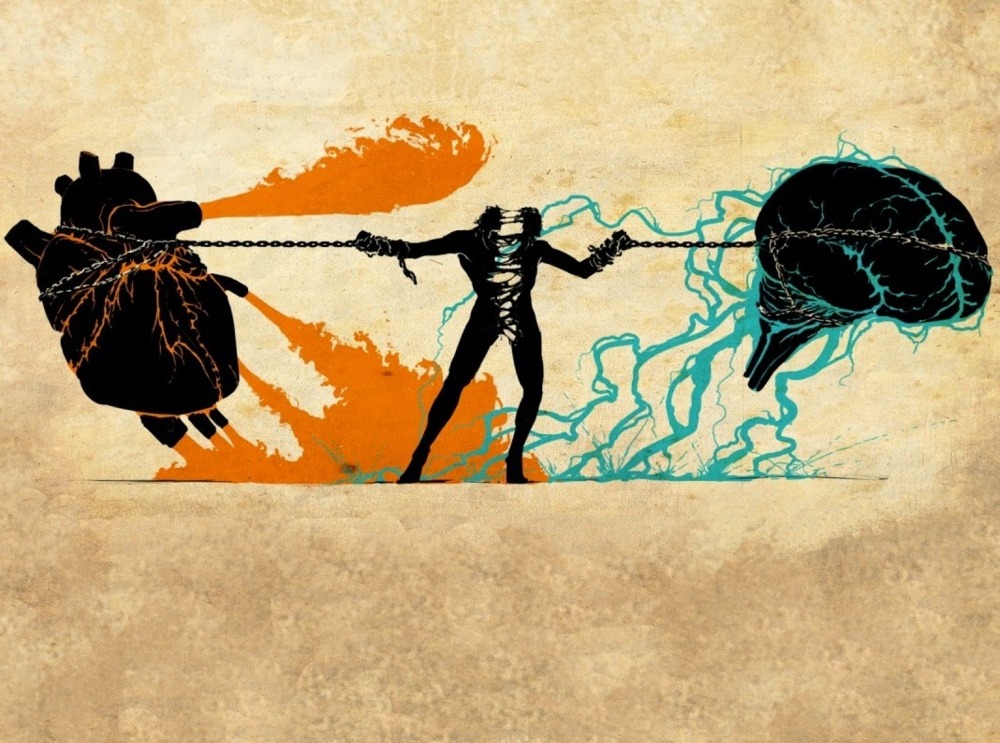 One study suggested that 95 percent of our thoughts are repetitive, 80 percent of our thoughts are negative, and 85% of what we worry about never happens.
One study suggested that 95 percent of our thoughts are repetitive, 80 percent of our thoughts are negative, and 85% of what we worry about never happens.
So how can you touch into your deepest wisdom among all this automatic thinking?
Your may experience your deepest wisdom as an adult self, a self-cherishing perspective, your wise voice, or some other term. It is often a voice of calm, a voice that may speak more softly than most of what rushes past us served up by busy minds. It is a voice of reflection, of experience. It may be a voice you internalized from a wise parent, elder, teacher or role model.
Your deep wisdom watches out for you, not with hysterics or Henny Penny warnings, but by offering the long view. Your wise brain sees potential consequences and asks you if that is what you really want. Remember this voice. Make note of how it sounds and how it feels in your body.
Then, turn to your heart. Our hearts beat roughly 115,000 times a day 3 billion beats in our lifetimes.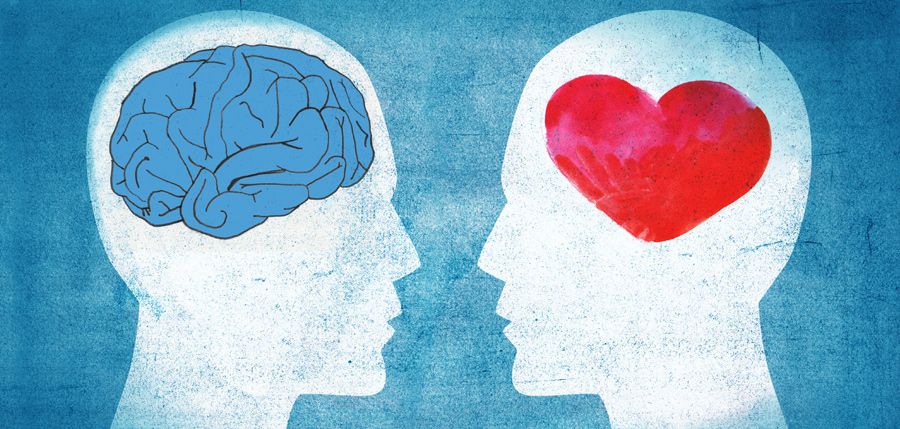 The heart emits an electrical field 60 times greater in amplitude than the activity in the brain and an electromagnetic field 5,000 times stronger that of the brain.
The heart emits an electrical field 60 times greater in amplitude than the activity in the brain and an electromagnetic field 5,000 times stronger that of the brain.
Take a few moments perhaps even putting your hand over your heart if you like to listen to your deep heart voice. This may be a presence you call spirit, the undefended heart, the voice of love, or soul. This is beyond any particular emotion; it is the source of your emotions.
Only do what your heart tells you. Princess Diana
Like the wise brain, your deep heart may feel like a deep, slow moving river. This heart is guided by your values. It knows right from wrong, not in a moralistic sense but as in what is right and wrong for you. The deep heart sometimes whispers, other times speaks with authority.
When you have an head-heart conflict, try fostering a conversation between the wise brain and deep heart. You can do this by visualizing it, writing or speaking a dialogue, even writing with both hands, using the dominant hand to write the minds voice and your non-dominant hand to speak your heart.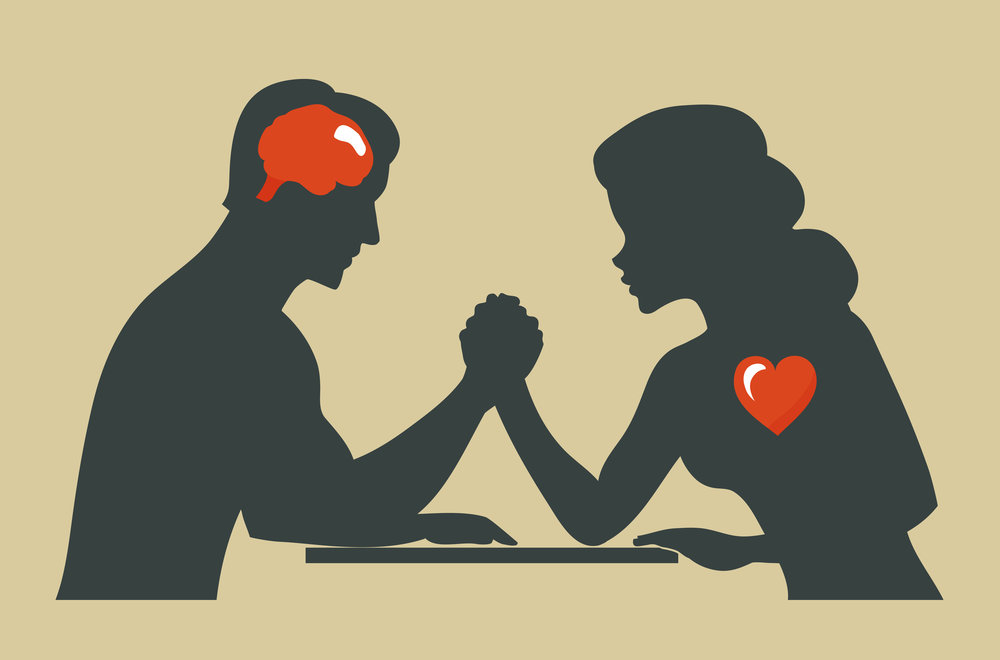 Let it flow. Dont edit or judge. See what emerges. Take your wise brain and deep heart with you on a walk or run, and just listen.
Let it flow. Dont edit or judge. See what emerges. Take your wise brain and deep heart with you on a walk or run, and just listen.
If you have made a list of pros and cons about a decision facing you, go down the list and tune in your deep feeling voice. Then do so again consulting your wise mind. Listen, as you read, for any advice or wisdom each voice may offer.
When it comes to romance, what to do about head-heart conflicts?
If you doubt your partner is a good long-term match despite great chemistry, ask yourself:
- How will I feel a year from now if I havent moved on?
- Will I regret staying and thereby delaying finding someone with whom I could have it all?
- Are my doubts based on evidence, such as things in past relationships which havent worked for me?
Trust your gut, as people advise. Whether you experience gut as intuition or a physical sense, for many it is a deep knowing that is not necessarily linear or logical.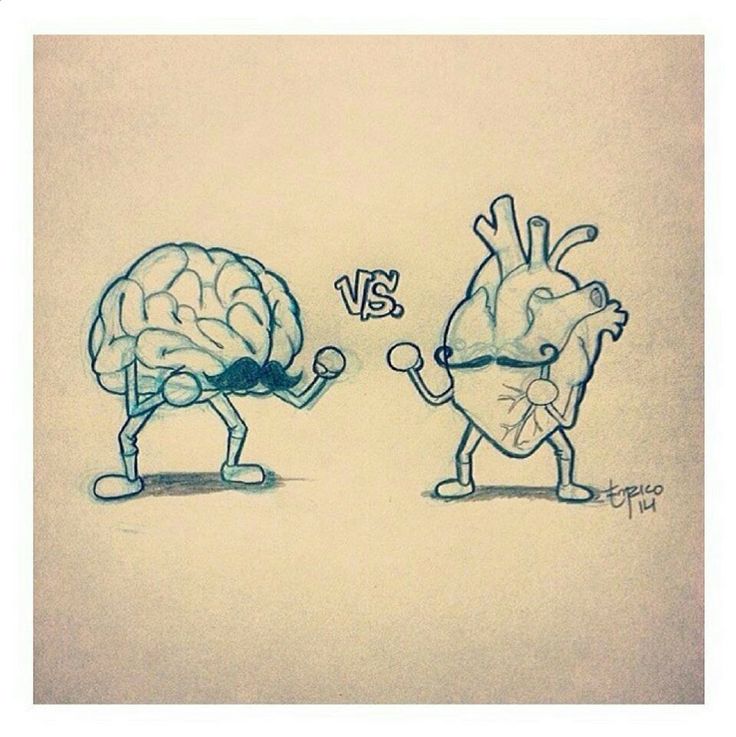 We know something but we dont know why or cant explain how we know. Sometimes the gut saves us and guides us. Sometimes, as when feeling anxiety or depression, it may be hard to differentiate between the guts intuition and anxious thoughts or depressed moods.
We know something but we dont know why or cant explain how we know. Sometimes the gut saves us and guides us. Sometimes, as when feeling anxiety or depression, it may be hard to differentiate between the guts intuition and anxious thoughts or depressed moods.
If you are with someone who has everything youve wanted but you dont feel a romantic connection, ask yourself:
- Am I trying to force something here out of loneliness, fear I wont find someone, or fear of hurting the other person?
- Am I falling victim to shoulds when love is not a feeling we can force to happen?
- Am I being too critical, perhaps out of fear or unresolved grief from a past relationship loss?
- Can I imagine any real person who would be good enough for me right now?
Love is either present or it isnt. If it is not present, perhaps it is time to let a relationship go or give yourself some time before making any deeper commitment.
If you are pursuing someone who is ambivalent or unavailable, ask yourself why.
Are you afraid of being alone? Do you see this person as the solution to all your problems? No one other than yourself can make you feel whole. Fantasy may befun but the world is full of wonderful, available partners. You deserve to have someone who wants you as much as you want them.
Is it possible that a partner who is ambivalent is simply afraid and needs time to work their issues before being able to commit to you? If so, you have the choice to stay and see what happens, or to take your leave, perhaps inviting the other person to contact you if or when they work things out. Either way you no longer feel like the victim.
If you discover disturbing aspects to your partner such as an untreated addiction, a record of lying, or a checkered relationship history, pay attention. If you have a history of seeking relationships with such issues, you need a compelling reason for you to stay or you are likely to repeat an unhappy history.
Assess whether your partner is willing and committed to getting help; whether he or she takes responsibility for his or her past and challenges.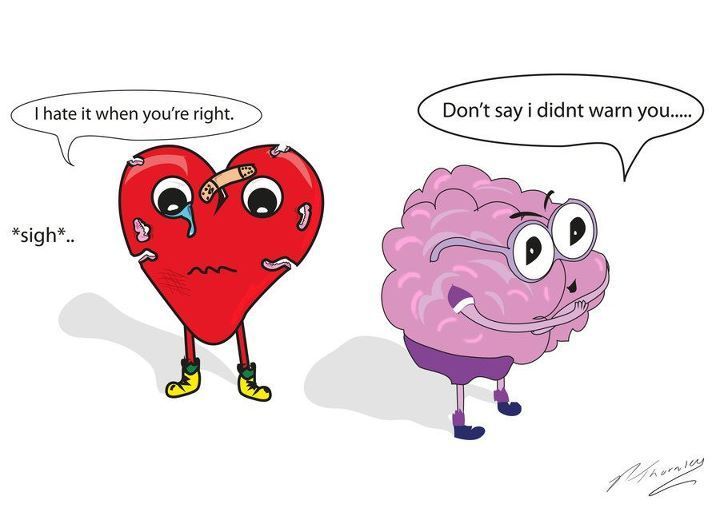 It is possible your partner may be a diamond in the rough, but you owe it to yourself to keep your eyes open. What do you want right now? What are the long-term consequences? Maturity means balancing both.
It is possible your partner may be a diamond in the rough, but you owe it to yourself to keep your eyes open. What do you want right now? What are the long-term consequences? Maturity means balancing both.
In matters of love, being either cold-hearted or hard-headed is unlikely to lead to a satisfying relationship.
Perhaps the best approach is to be hard-nosed about being soft-hearted.
Copyright Dan Neuharth PhD MFT
Conflict of mind and feelings - Psychologos
September 26, 2005, 07:34
The film "Irony of Fate, or Enjoy Your Bath!"
Feelings are the basis of the mind, but the mind is not reduced to feelings. The mind decides on the basis of the data provided to the senses, and its decision can either be in line with what its senses tell it or contradict what its senses are pushing it to.
This may be a partial agreement. For example, feelings say: "I'm tired!", And the head says: "Yes, later.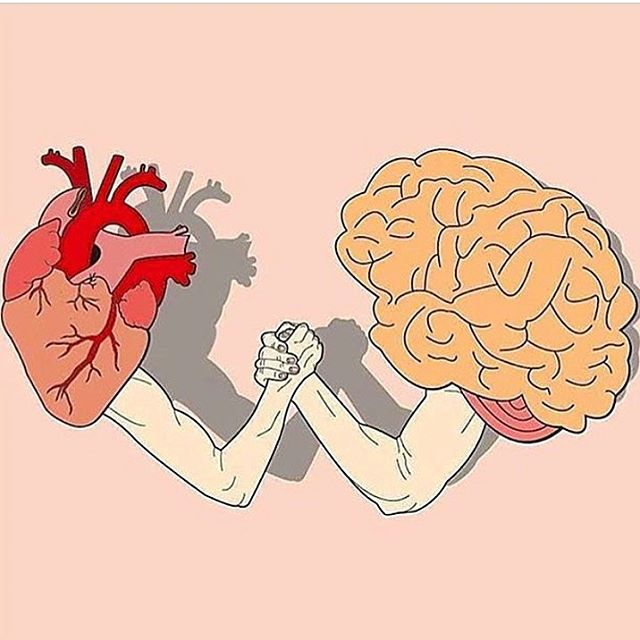 It's not time to rest yet." This may be a clear contradiction and conflict. A typical variety of this internal conflict is when the feelings say: "I want!", And the mind says "I need it." The mind says: "That's right," the feelings protest: "I don't want to."
It's not time to rest yet." This may be a clear contradiction and conflict. A typical variety of this internal conflict is when the feelings say: "I want!", And the mind says "I need it." The mind says: "That's right," the feelings protest: "I don't want to."
The film "The Fifth Seal"
In addition to the conflict I must and I want, internal conflict can take other forms. In the film "The Fifth Seal" the main character in the main episode does something that is disgusting not only to all-all-all of his feelings, but in general to his whole nature - but he does it because he is a Man and he is obliged to do it. He was asked to give two slaps to the dying underground worker, then he will be released. He decides to do this, because he has 15 children at home, whose parents died and whom he personally saves from the Nazis. Thinking about his future action, he took into account his future feelings - but he decided to respect not his feelings, rising in a terrible protest, but an understanding of his human duty.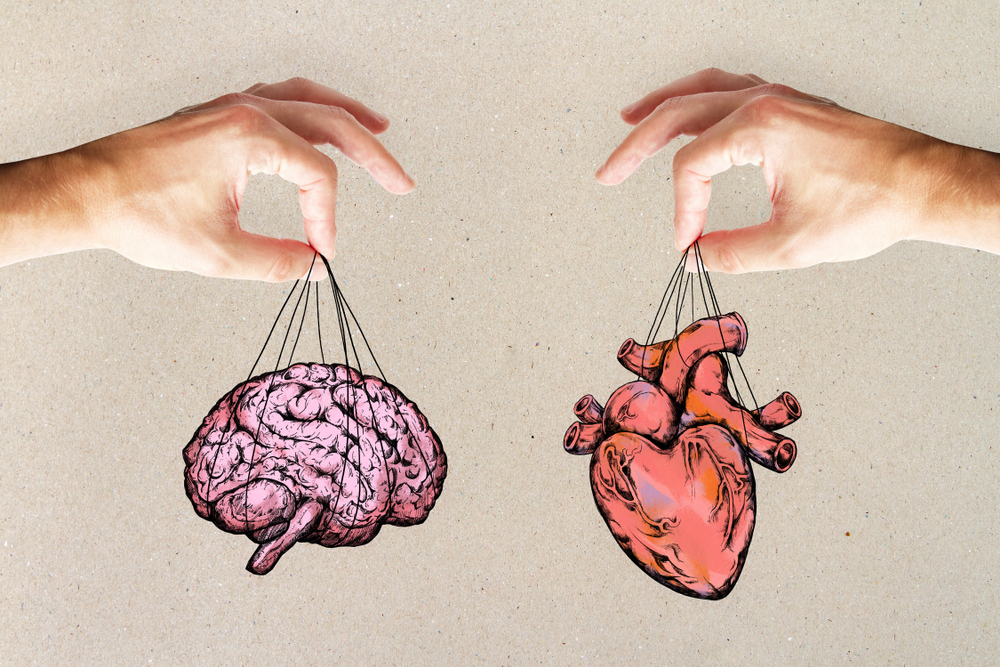
The outcome of a conflict depends both on the strength of the raging feelings and on the strength of the personality. If the mind is weak and the feelings are strong, in the clash of Reason and feelings, the mind will only agree with what the feelings dictate to it.
However, the strength of feelings does not determine everything, except for the strength of feelings, there is the strength of the mind and the strength of the personality. Much depends on the level of personal development of the people involved in this situation. The lower the level of personality development, the more often the issue is resolved at the level of feelings. The higher - the more often there is an appeal to the mind.
A well-built personality does not have conflicts of mind and feelings. The commonwealth of the mind and feelings is possible and necessary, while their correct relationship does not consist in the equality of mind and feelings, but in their hierarchy: well-trained feelings give energy and subtle information about their state or the state of another person, and the mind makes responsible decisions.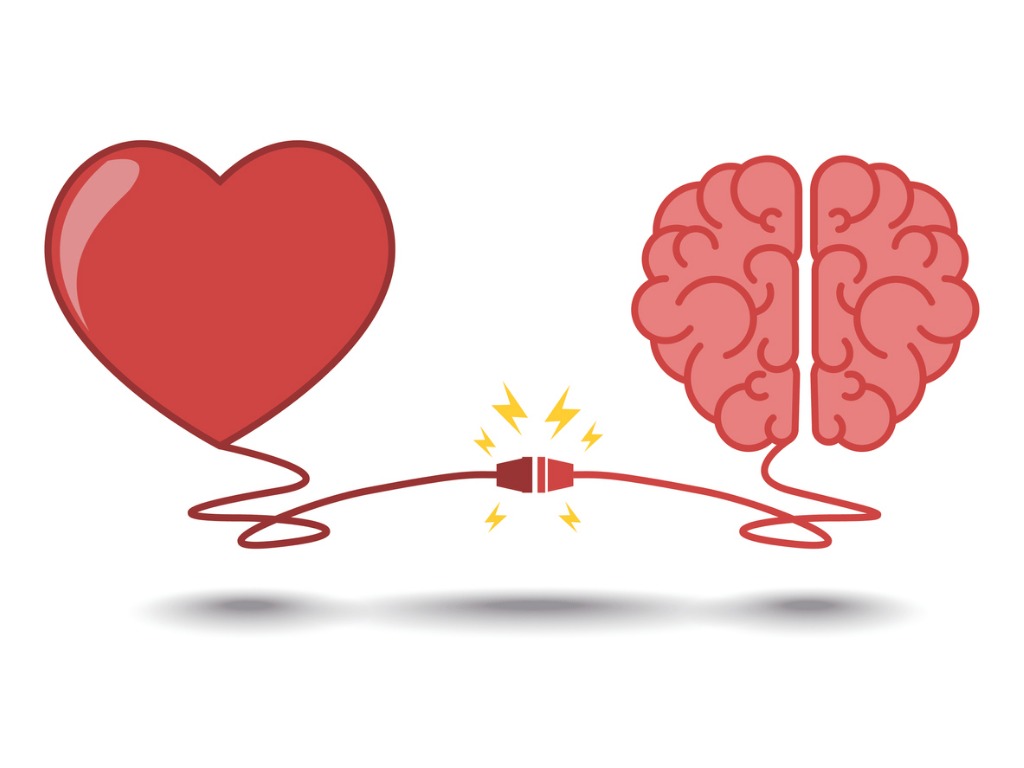 See →
See →
- Reason and feelings
- Author N.I. Kozlov
- Internal conflict
Comments (3):
Guest, June 09, 2012 at 12:21 pm
Great article, thanks!
Guest, 09 June 2012, 18:33
Thank you for the interesting fragments commenting and illustrating the topic.
Guest, May 08, 2017 7:20 PM
I really liked it, it helped me a LOT, thanks! I don’t know where you found this from, but it helped me a lot and I am indebted to you. THANKS!
Related content:
Jan 01 2006
How should mind and feelings be combined?
We know that the mind and feelings are not always at odds, but what to do with fears and hopes, what to do with feelings of guilt and where to get gratitude when the soul is tired and angry? When the head tells us that we are wrong, feelings do not always subside from this, often this gives rise to the next wave of internal indignation.
14Read more
Oct 01 2022
About the emergency help of the mind in urgent states of feelings
When I first came to Sinton, my main request was something like this: “Wise psychologists, teach me how to manage my emotions (feelings).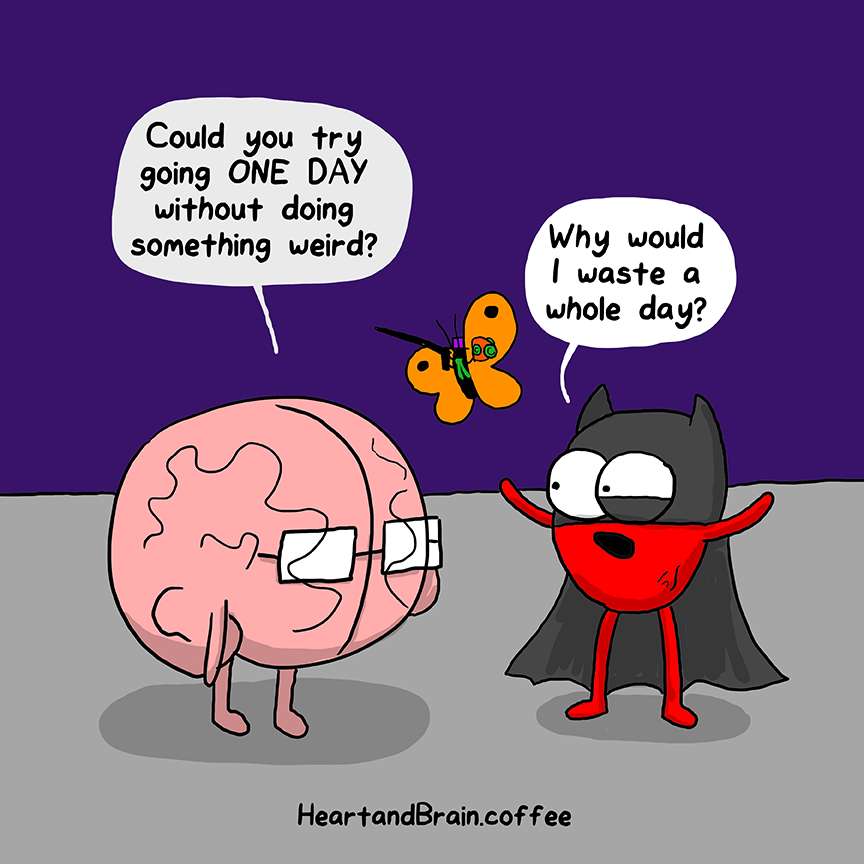 ” In adolescence, I was notorious and sad, in youth I was depressive and hysterical, my cyclothymicity (I learned the clever word later) shook me from one emotional extreme to another, and I could not do anything about it. In small towns, it is customary for girls to behave this way, so I did.
” In adolescence, I was notorious and sad, in youth I was depressive and hysterical, my cyclothymicity (I learned the clever word later) shook me from one emotional extreme to another, and I could not do anything about it. In small towns, it is customary for girls to behave this way, so I did.
0Read more
Oct 01 2022
Reason and feelings in human life
Feelings are the basis of the mind, but the mind is not reduced to feelings.
0Read more
Oct 01 2022
Intrapersonal conflicts
Intrapersonal conflicts are conflicts occurring within the personality between its structures, elements and components.
0Read more
04 Feb. 2015
Live with feelings or turn on your head?
Living with the senses or living with the head are two essentially different ways of life. If a person lives by feelings, then he lives his luck through his feelings - through a feeling of joy, lightness and enthusiasm.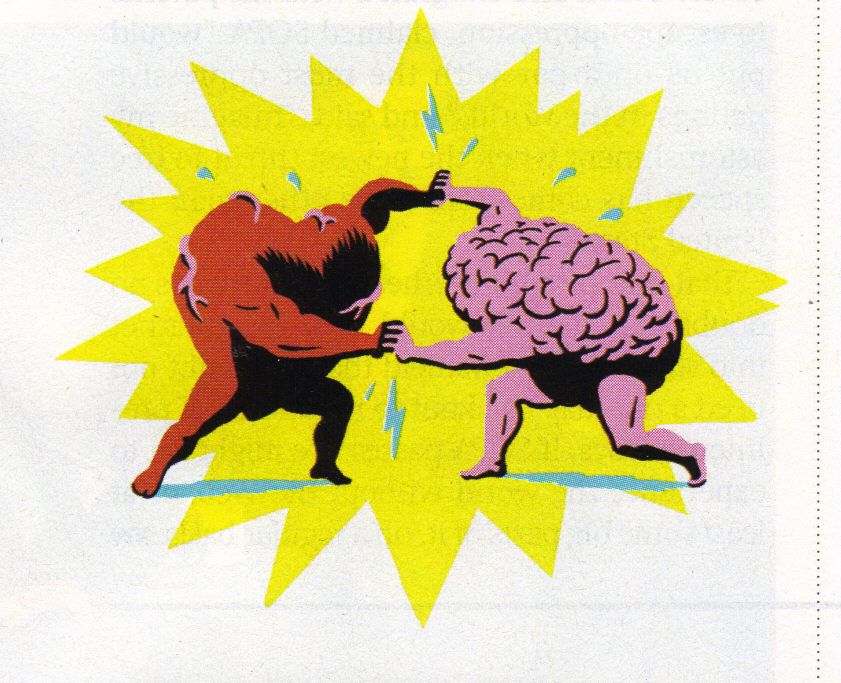 If a person lives by feelings, then he lives the mistakes he makes through his feelings - through guilt, experience, remorse and redemption.
If a person lives by feelings, then he lives the mistakes he makes through his feelings - through guilt, experience, remorse and redemption.
27More
if you act badly, it does not mean that you are a bad person
The past is an integral part of every person. But only he is worn with these memories and regrets. Other people have long since forgotten, and quite often they have not even noticed that you screwed up.
Yes, you screwed up. And, damn it, once again. They made a mistake, and what is most offensive - again and again. Dozens of times and for years.
It's a shame, annoying, but true.
You are struggling with bad habits, wrong people in your life. But for some reason, you constantly choose those things that, on the contrary, should be abandoned. You rush into battle when you just have to pass by.
Well, why, why is that? For the hundredth time you ask this question and do not find the answer.
This is because your heart and mind are in constant conflict. It always ends traditionally: you again stumble, fall and bruise, although the old ones have not yet come down.
It always ends traditionally: you again stumble, fall and bruise, although the old ones have not yet come down.
But you must understand one important thing. Just because you do bad things doesn't mean you are a bad person.
Yes, you do. Bad things. But at the same time, you are not bad at all. So there is no reason to sprinkle ashes on your head. Although it seems to you - quite the opposite.
For example, you bought an annual membership to a gym or a swimming pool, but only showed up there five times. On Saturday evening, they already swore: “Well, I’ll definitely go today!” We put all the accessories in a sports bag, sat on the sofa and ... ordered pizza. As a result, they lay in front of the TV and single-handedly “dealt with” a huge yummy to their favorite TV series.
Or another situation: someone needs you and calls. But you hesitate, do not dare and ... do not respond to his message. It's completely incomprehensible why! And the bartender from the nearest pub - that's who knows everything about you .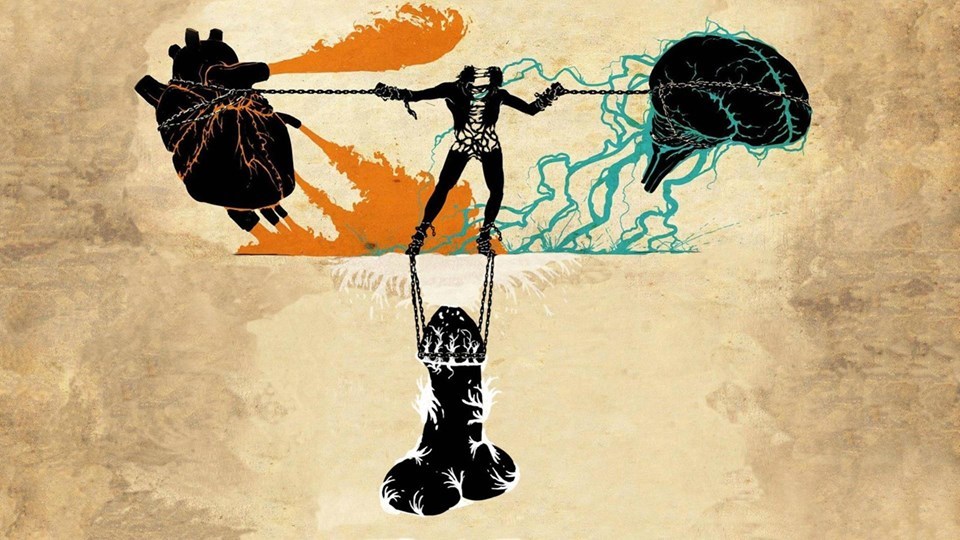 ..
..
You still worry about things that happened a long time ago.
You eat and kill yourself because of what you did in the past. After all, you were its screenwriter and director. And they screwed up so that it is still a shame to remember.
This means that you don't deserve to be happy. Not today, not in the future. Therefore, you continue to wallow in the ocean of self-hatred. After all, nothing can be changed or rewritten.
When will you finally realize this simplest truth? Just because you've done bad things doesn't mean you're a bad person.
Let's start with the fact that the concept of "bad things" is quite subjective. This cannot be measured or determined with the help of any analyzes or tests. What you think is very bad may actually be perfectly normal for someone else.
Remember: making mistakes is absolutely normal for everyone. After all, we are just people, not gods from an epic big screen movie. And man is imperfect.
And that's okay.
Write it down on a sticker and always keep it in a visible place so as not to engage in self-flagellation and self-eating. It doesn't matter what you have done in the past or how you acted in certain circumstances.
You still deserve love, health and happiness. You deserve good luck and make your cherished dream come true. You deserve to be happy today and every day!
And for this you should rise above everything that you consider bad. First, it is not certain that it is. And secondly, most likely you are clearly exaggerating the scale of past “crimes”.
The past is an integral part of every person. But only he is worn with these memories and regrets. Other people have long since forgotten, and quite often they have not even noticed that you screwed up.
So leave the past, "where did you get it." Nothing catastrophic actually happened. You didn't kill anyone or rob a bank. Past mistakes do not mean that you are not allowed to grow and enjoy life.